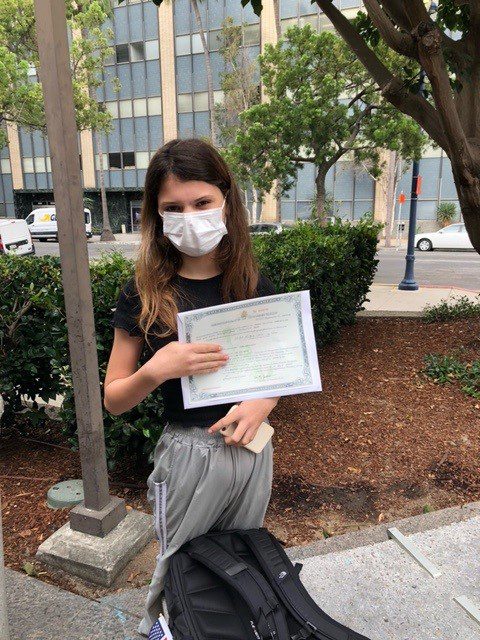On May 10, 2018, the United States Citizen and Immigration Services (“USCIS”) released a Policy Memorandum (“Policy Memo”) specifying new regulations regarding the calculation of unlawful presence, specifically for F-1, J-1, and M-1 non-immigrants, and their dependents (F-2, J-2, and M-2). The USCIS has released many Policy Memos, each with the objective to give guidance to USCIS adjudicators on how to interpret the Immigration and Nationality Act (INA). The Policy Memo that was released on May 10 specifies that there will be a change in the way unlawful presence is calculated for students and exchange visitors from August 9, 2018 and onward. The changes suggest that the USCIS is attempting to tighten their control over immigration and lessen the number of persons in the US overstaying their visas by enacting a stricter interpretation on when unlawful presence begins to accrue.
According to the INA, a non-immigrant is determined to be unlawfully present in the US when “the alien is present in the United States after the expiration of the period of stay authorized by the Attorney General or is present in the United States without being admitted or paroled.” This means that once the non-immigrant’s authorized period of stay has expired or the non-immigrant has violated the conditions of their visa, the non-immigrant will begin to accrue unlawful presence. The calculation of unlawful presence is important as it determines the amount of time a non-immigrant will be barred from reentering the US. For example, if a non-immigrant has overstayed in the US during one trip for a period of more than six months but less than 1 year, then the non-immigrant will be barred from reentering the US for a period of 3 years. However, if the non-immigrant has overstayed in the US by a period of more than one year, they will be barred from the US for a period of 10 years.
Under the old regulations, an exchange visitor of foreign student on J or F visas, respectively, who were admitted on duration of status (“D/S”) would not begin to accrue unlawful presence until the USCIS formally found the non-immigrant to have violated their status or until an immigration judge ordered that the non-immigrant be excluded, deported, or removed (which ever came first). In both of these scenarios, the non-immigrant would begin to accrue unlawful presence the day following the formal notice that or the immigration judge’s order. In either case, a non-immigrant on a J or F visa would have a formal and clear warning that unlawful presence was going to begin to accrue. Similarly, for F, J and M visa holders (foreign vocational students) who were not admitted on D/S, in other words, their statuses had an expiration date, unlawful presence would begin to accrue the day after their I-94 expired, the day after the USCIS formally found the non-immigrant to be in violation of status, or the day after an immigration judge ordered the applicant to be excluded, deported or removed, whichever came first.
While the old regulations clearly stated ways in which one could begin to accrue unlawful presence, they did not specifically mention when unlawful presence would begin to accrue if one stopped the activity that they were admitted for. While the old laws were vague in this regard, the new set of directives, which apply to both those who were admitted on D/S and those whose statuses have expiration dates, aim to clarify this matter. The Policy Memo states that F, J, or M non-immigrants begin accruing unlawful presence due to a failure to maintain their status on or after August 9, 2018 in the earliest of any of the following ways. The first piece of guidance states that the day after the F, J, or M visa holder no longer pursues the course of study or the authorized activity that they were admitted for, they begin to accrue unlawful presence. The second piece of guidance states that the day after completing the course of study or program for which the non-immigrant was authorized a visa for, they will begin to accrue unlawful presence. Other ways in which unlawful presence can begin to accrue are, the day after the non-immigrant engages in unauthorized activity, the day after the I-94 Form expires, or the day after an immigration authority orders the non-immigrant to be excluded, deported, or removed, whichever comes first.
It is important to note that the new guidance clarifies that the non-immigrant does not require a formal notice or hearing to begin accruing unlawful presence. Thus, a non-immigrant in the US will begin to accrue unlawful presence the day after they are out of status (meaning that they have ceased the activity they were admitted for, their I-94 Form has expired, they have engaged in unlawful activity, or they have been ordered to leave the US) even if they did not receive a formal notice that they were henceforth unlawfully in the US. These new regulations will be implemented on August 9, 2018 and work to close loopholes left open by the previous regulations and lessen the number of non-immigrants overstaying their visas.




